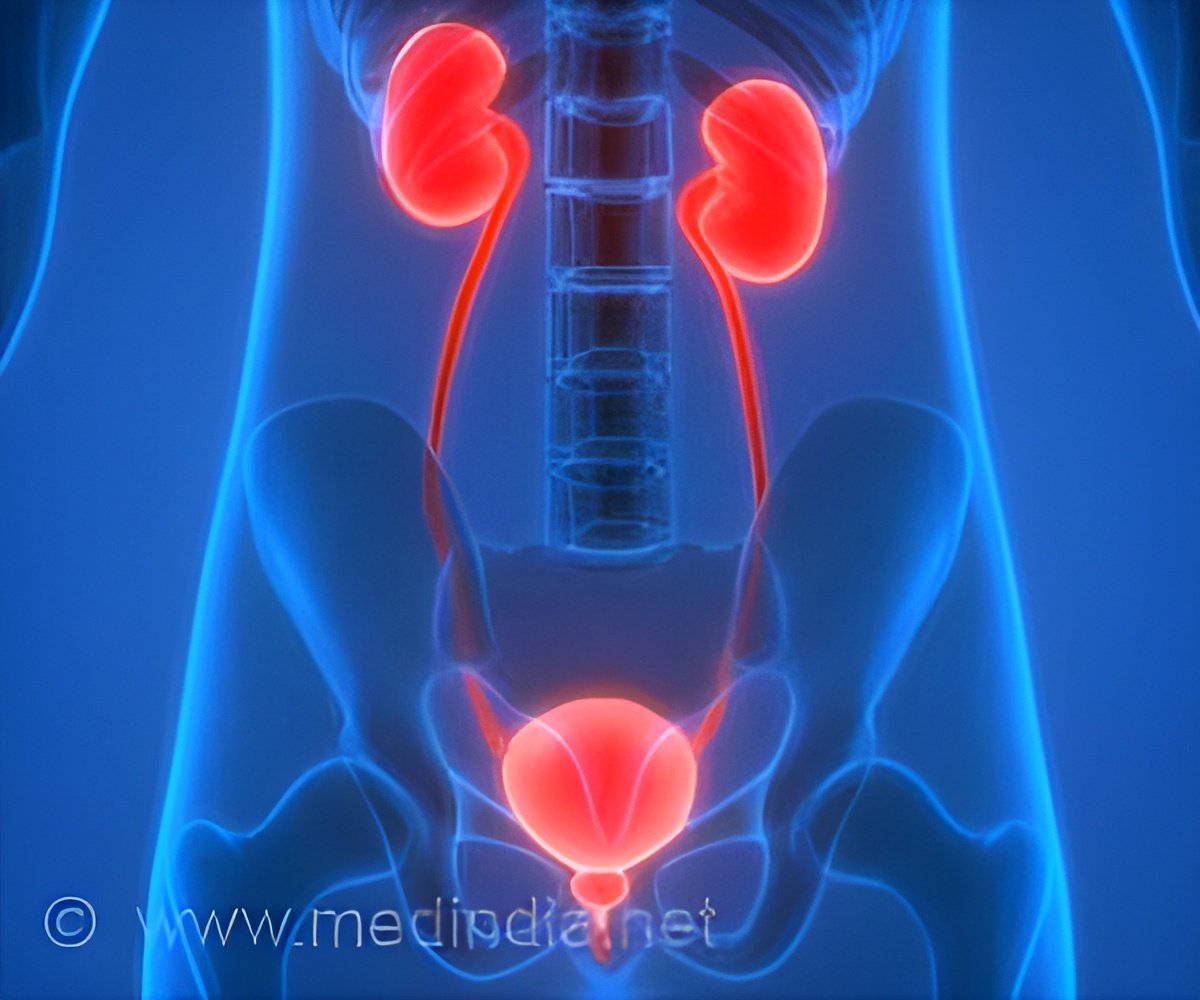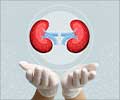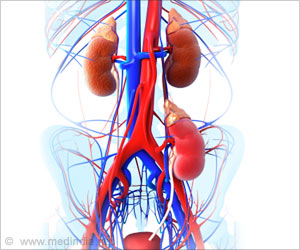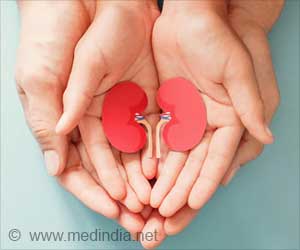Six biomarkers were found to enable earlier and more accurate detection of drug-induced kidney injury, potentially improving patient outcomes and advancing drug development.

Urinary Kidney Injury Biomarker Profiles in Healthy Individuals and After Nephrotoxic and Ischemic Injury
Go to source). Drug-induced kidney injury, or nephrotoxicity, is a common complication in clinical medicine that happens when certain drugs at certain doses damage the kidneys. Nephrotoxicity can occur with multiple types of medicines, including anti-inflammatory, antibacterial, antiretroviral, or chemotherapeutic medicines and can lead to therapies being discontinued or restricted from patients. The findings from this collaboration were published recently in Clinical Pharmacology & Therapeutics. Sushrut Waikar, M.D., MPH, first author on the paper, said that these biomarkers may offer an approach to detect drug-induced kidney damage earlier than with existing standards for monitoring kidney health and can lead to more tolerable treatment options.
‘Did You Know?
Drug-induced nephrotoxicity accounts for up to 60% of cases of acute kidney injury in hospitalized patients and is associated with increased morbidity and mortality in both adults and children. #medindia #kidney #nephrotoxicity’





Drug-induced nephrotoxicity accounts for up to 60% of cases of acute kidney injury in hospitalized patients and is associated with increased morbidity and mortality in both adults and children. #medindia #kidney #nephrotoxicity’
Advertisement
Urinary Biomarkers for Early Kidney Injury Detection
“Current biomarkers can be too slow at showing early signs of kidney injury,” said Waikar, Chief of Nephrology and Interim Medicine Chair at BMC. “These biomarkers, which can be measured in the urine, could help clinicians detect kidney damage within 24 hours of injury, enabling more timely monitoring during drug development and better treatment of patients who are at risk in clinical settings.”The research team examined urinary levels of protein biomarkers in healthy volunteers and patients undergoing treatment for mesothelioma with a chemotherapy drug that is known to have toxic effects on the kidneys. This enabled the researchers to better understand how kidney function changes in response to injury.
Advertisement
Six Biomarkers for Enhanced Detection of Drug-Induced Kidney Injury
The team assessed performance of six promising biomarkers to detect drug induced kidney injury with more sensitivity and specificity than traditional markers. Most of the assessed biomarkers are generated in the kidneys themselves in response to injury or inflammation. This enables detection of kidney injury quicker than current biomarkers, like serum creatinine, which can sometimes take several days to reach abnormal levels.The research team now hopes to assess whether these biomarkers can be used more broadly to monitor kidney health in healthy volunteers during phase 1 clinical trials.
Impact of Biomarkers on Kidney Health Monitoring and Management
Earlier detection of kidney damage could allow clinicians to intervene sooner, reducing the risk of long-term damage and improving patient outcomes across all settings. “These biomarkers have the potential to make a real difference in how we monitor kidney health and manage patients at risk for kidney damage,” said Waikar, who is also the Norman G. Levinsky Professor of Medicine at Boston University Chobanian & Avedisian School of Medicine. “We are hopeful that these findings will contribute to better strategies for preserving kidney function and improving patient care, as well as advancing drug development.”“Collaboration is key to advancing new tools for drug safety and patient care,” said Nicholas King, PSTC’s Executive Director at C-Path. “By bringing together experts across sectors, we can assess and validate promising biomarkers, helping to accelerate their use in drug development. This study highlights how working together leads to meaningful progress in detecting and preventing kidney injury.”
Reference:
- Urinary Kidney Injury Biomarker Profiles in Healthy Individuals and After Nephrotoxic and Ischemic Injury - (https://ascpt.onlinelibrary.wiley.com/doi/10.1002/cpt.3531 )
Source-Eurekalert















